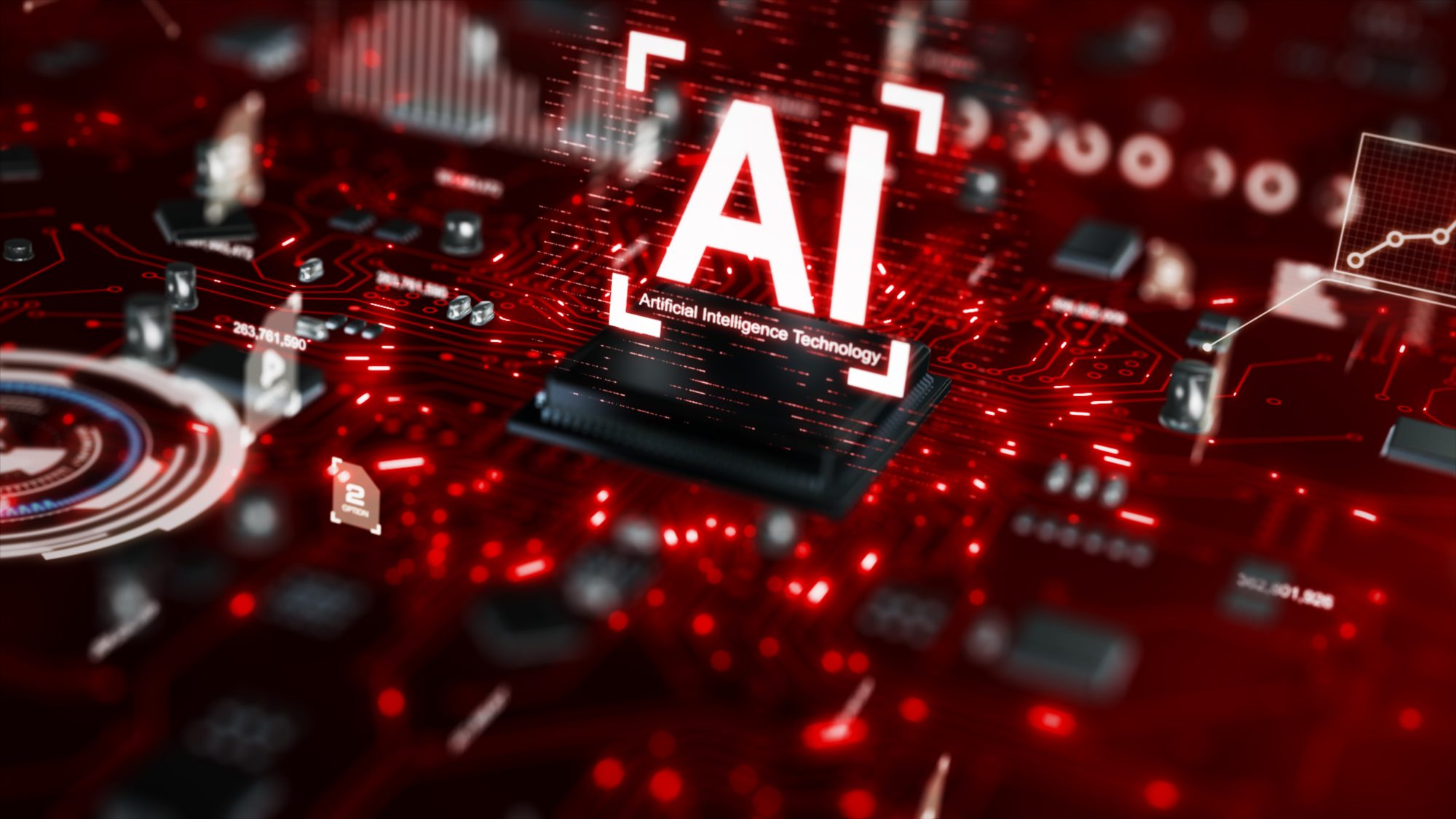Franca Salis-Madinier from the European Economic and Social Committee and French Democratic Confederation of Labour – Professionals and Managers, highlights for us the importance of ensuring that artificial intelligence in the workplace benefits people
Surely nobody would deny that digital and artificial intelligence (AI) systems are now playing a massive part in our daily reality and bringing benefits to everyone’s life. New opportunities for business, for progress in healthcare, for safety in transport and energy, and for combating climate change are presented. At the same time, could anyone fail to see the abuses and the dangerous and perverse uses of these same systems that undermine fundamental values such as dignity, the right not to be discriminated against and the right to privacy?
For Europe’s civil society, which has issued numerous opinions on AI through the European Economic and Social Committee(1), AI is not an end in itself, but a tool that – albeit also entailing risks – can bring about radical change for the better. If it is to benefit as many people as possible, politicians need to steer, govern and regulate it.
Aware of these challenges, in April 2019 the European Commission (EC) published its “Ethics Guidelines for Trustworthy AI”(2), setting out seven core principles. More recently, the EC published a White Paper on Artificial Intelligence, in which(3) it propounded the need to regulate “high-risk” AI – the kind that could encroach on people’s rights. These kinds of AI must be tested and authorised before reaching the Single Market, as is the case with medicines and cosmetics.
Introducing AI in the workplace
We are concentrating here on the questions posed by AI systems when introduced into the workplace. For our purposes, we will consider AI as digital technology used to create systems capable of autonomously reproducing human cognitive functions: voice and facial recognition, grasping data, a form of understanding and adaptation (problem-solving, automatic reasoning and learning).
The use of AI in workplaces poses a number of challenges. In the relationship between the intelligent machine and the worker, the guiding principle behind decisions must be that the technology does not subjugate the human being, but is – on the contrary – the source of work for the human that is emancipating, creative and fulfilling.
For this, a number of conditions need to be met:
- Humans in the driving seat: human beings must have the last word and the final decision over the technology.
- The principle of transparency and the right to an explanation of any decision taken by the technology, in particular, in the human resources (HR) area of recruitment and assessment.
- The right to have privacy respected – through the protection of personal data and workers’ informed consent regarding the quality of the data collected, itsownership and use.
- The right to safeguard health and safety at work, which is threatened by the unrestricted monitoring made possible by the technologies used.
- The right not to be discriminated against.
- The right to benefit, whatever the kind of work, from social protection worthy of the name.
Examples of the use of harmful AI
In health and safety at work, the introduction of AI-based work management systems raises questions about workers’ rights and safety. From Amazon warehouses to Uber cars and Deliveroo riders, power and surveillance are in the hands of employers and this is particularly detrimental to low wage earners (many of whom have a migrant background). This is because productivity targets are set that undermine health and safety and bring about psychological stress and because algorithm-driven, unpredictable wage cuts are made that undermine the economic stability of these workers.
The issue of platform regulation and the recognition of rights for these bogus self-employed workers is at the top of Europe’s agenda.
The European Agency for Health and Safety at Work, OSHA, warns of the use of AI in HR practices and refers to some 600 companies, some of them operating in Europe (such as Unilever and Nokia), that use the HireVue app to recruit on the basis of video interviews which analyse candidates’ facial expressions.
Some recommendations:
Regarding data: the principle of protection of rights and freedoms in relation to data processing must be guaranteed and the GDPR (General Data Protection Regulation) must be regularly reviewed and adapted.
The use of facial recognition for decisions that have an impact on people’s lives and access to opportunities must be prohibited and should stop using these applications.
Workers must have the right, through their trade unions, to challenge the use of AI systems that jeopardise their right to physical and mental health and safety and to collectively negotiate safe, fair and reliable labour standards.
Regarding non-discrimination and diversity: the AI industry is surprisingly homogeneous, largely due to its treatment of women, people of colour and gender minorities. To start to tackle this problem, more information would need to be shared publicly on wage levels, levels of discrimination and recruitment practices. Inequalities in pay and opportunities must be ended and managers given real incentives to create, promote and safeguard inclusive workplaces.
Regarding social protection: the EU must guarantee access to social protection for all workers, employees and the – real or bogus – self-employed. Health and safety, social protection, diversity, non-discrimination, respect of privacy and dignity at work, are priorities to be pursued in line with the European Pillar of Social Rights.
References
(1) EESC opinions
(2) European ethical guidelines
(3) White paper AI











